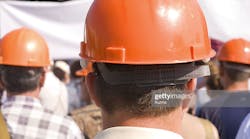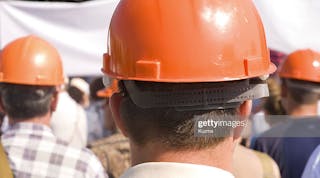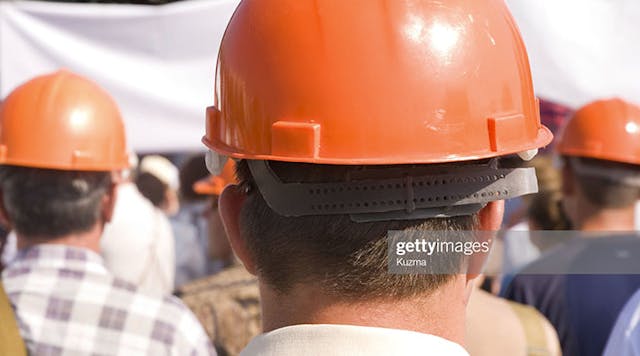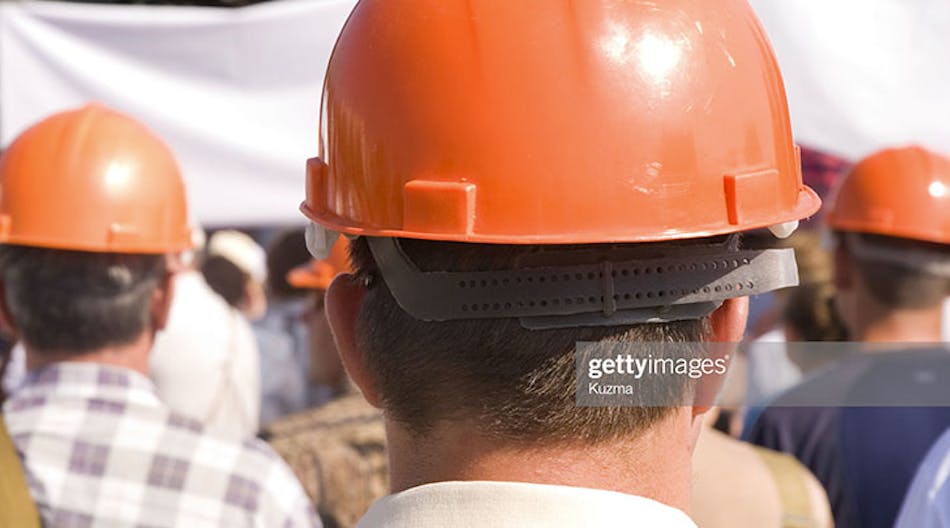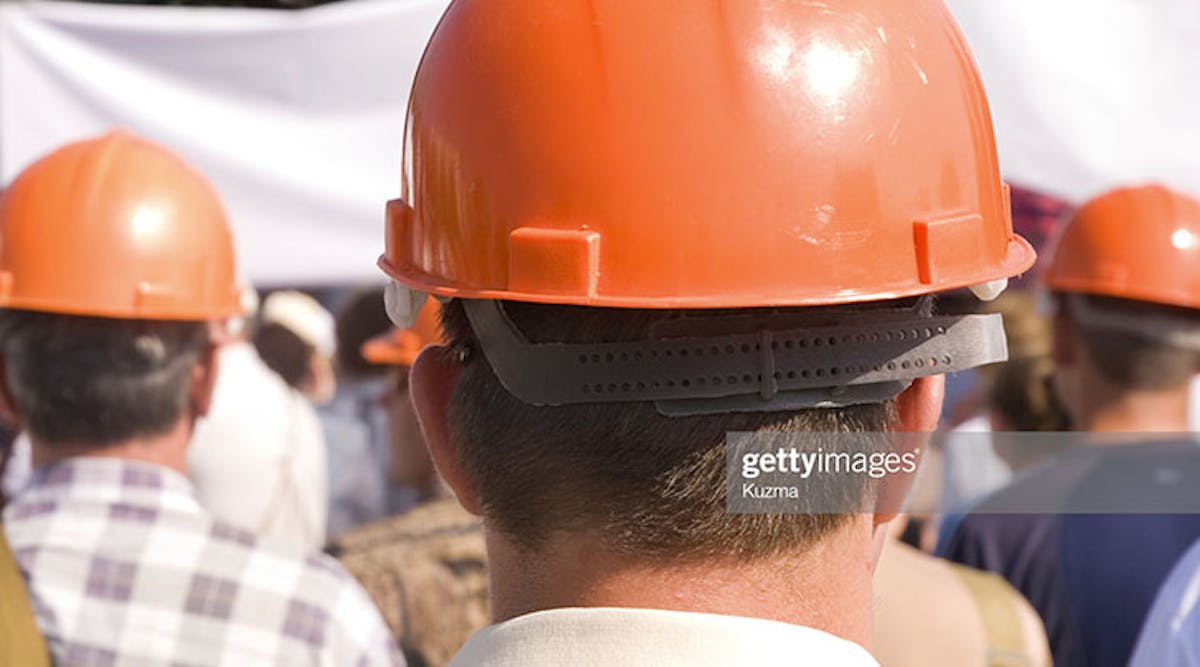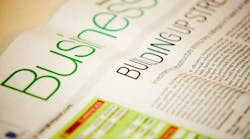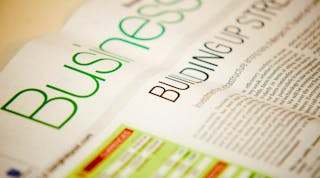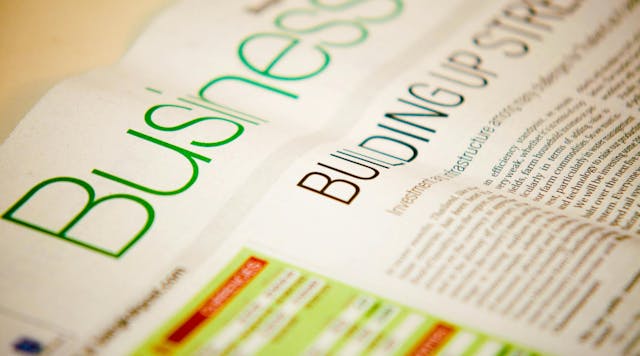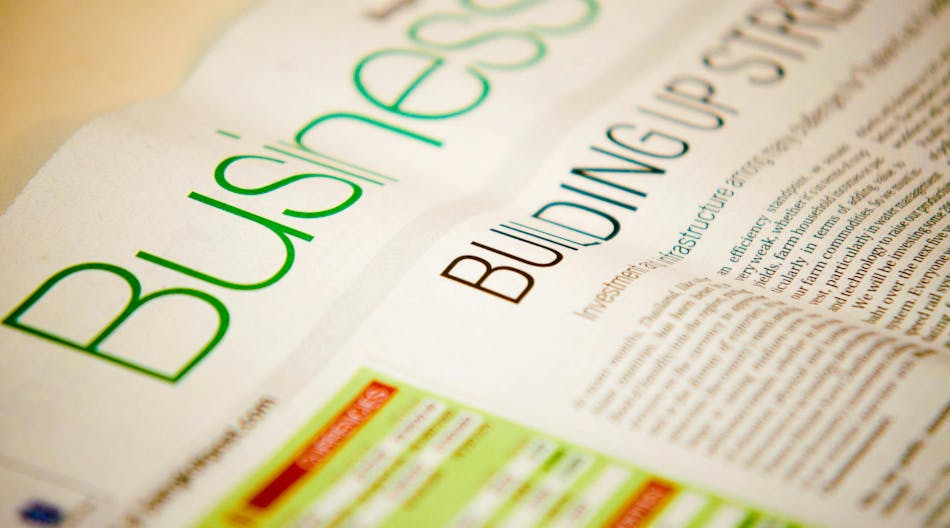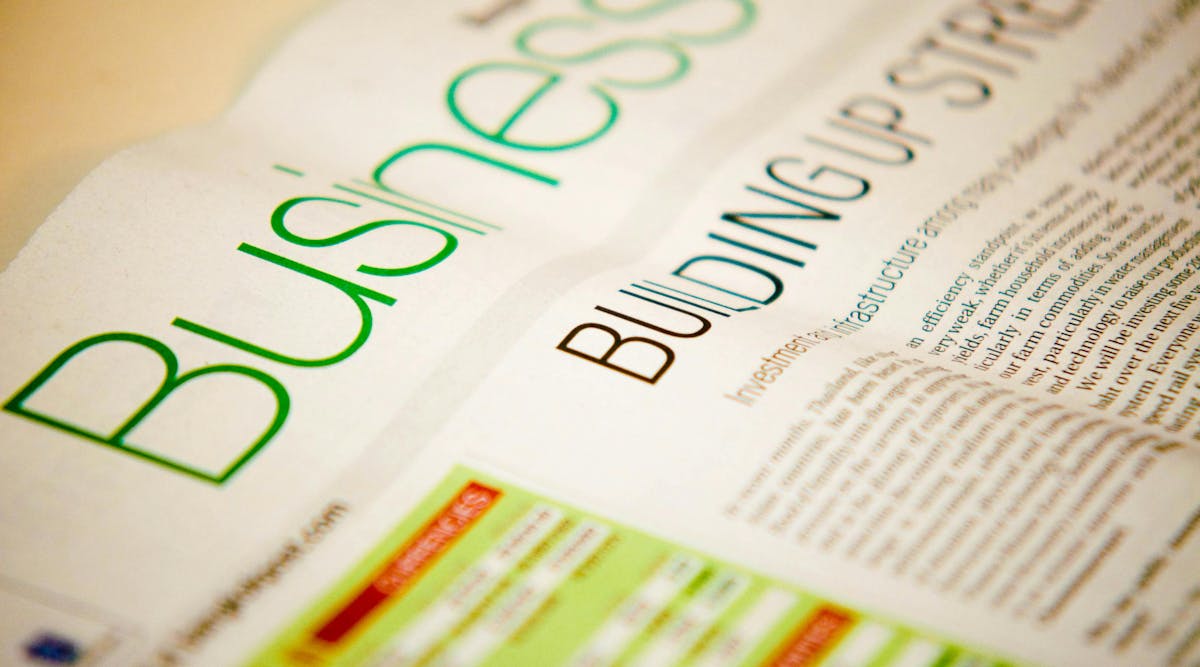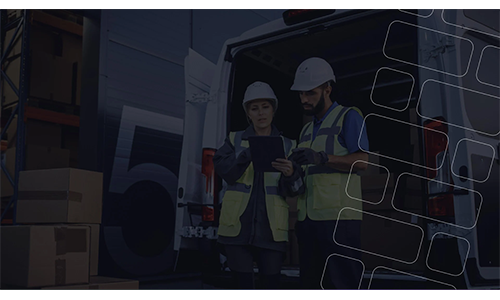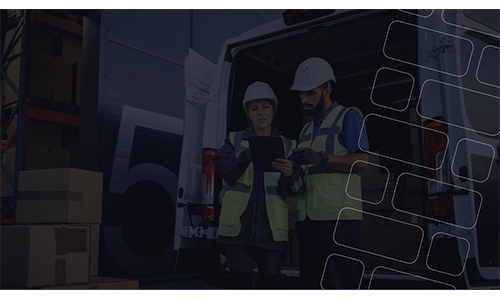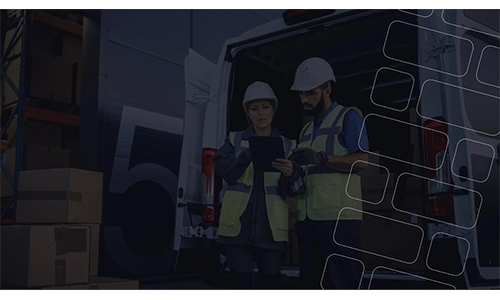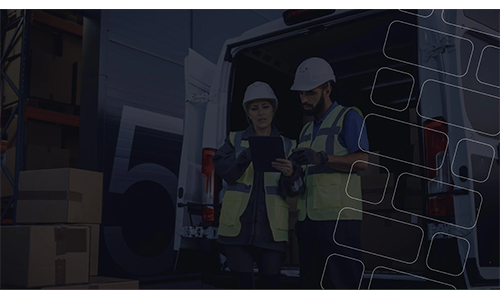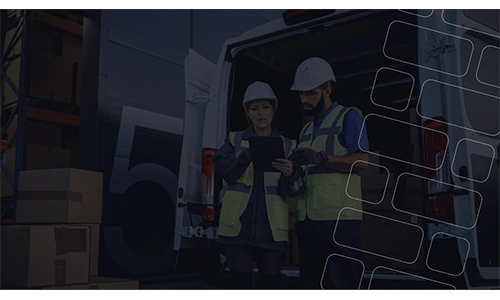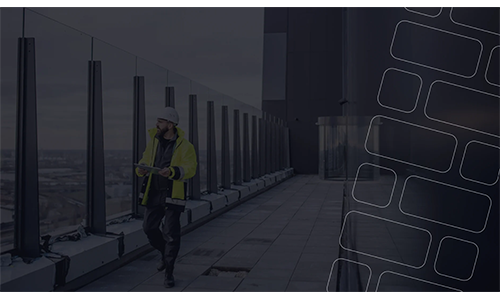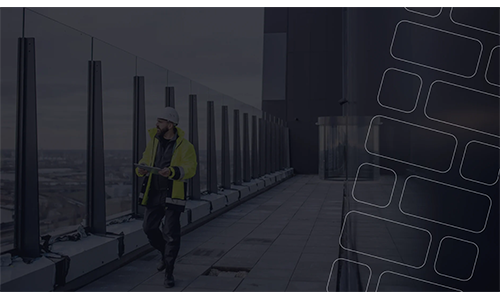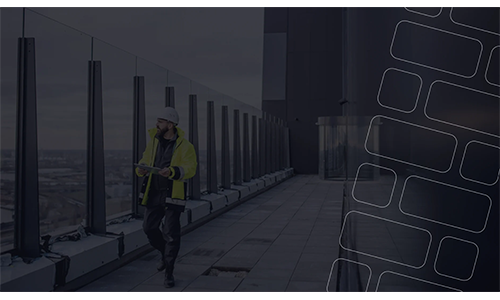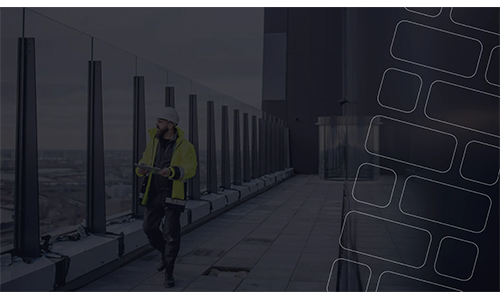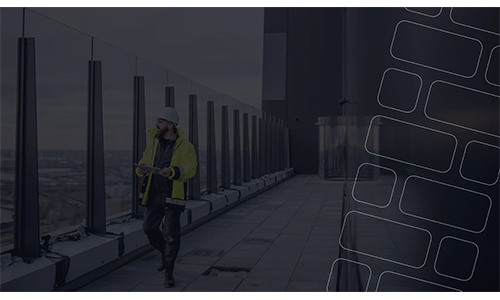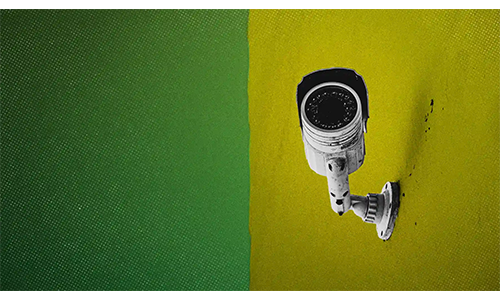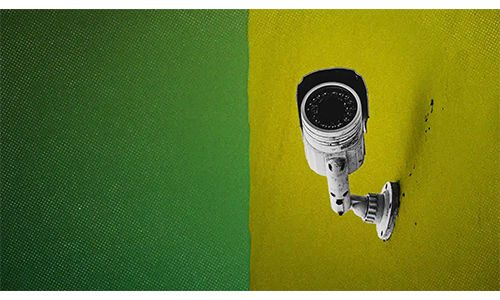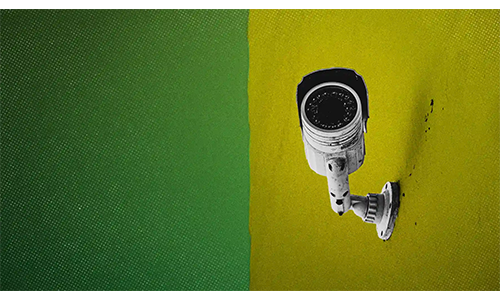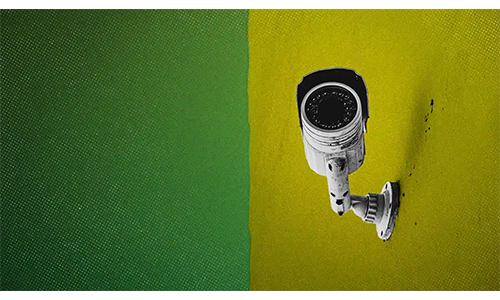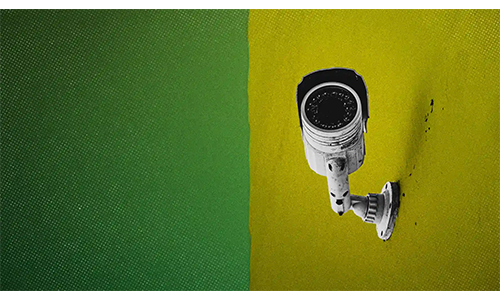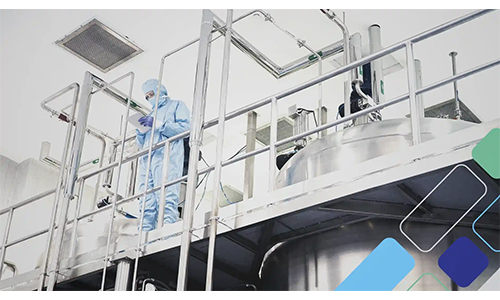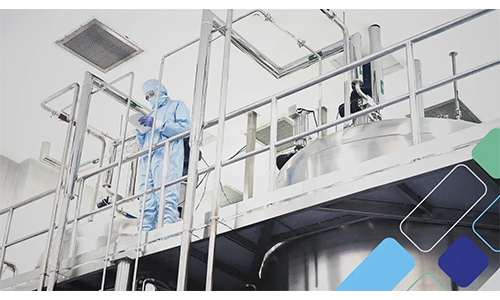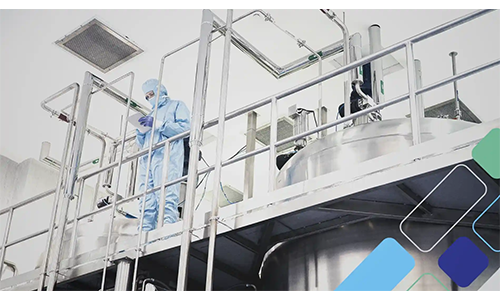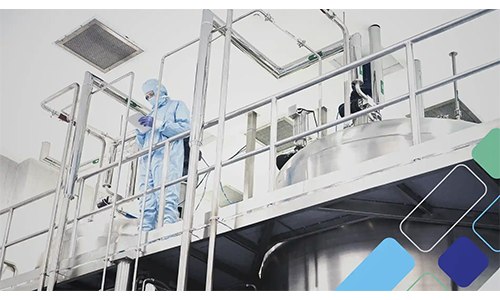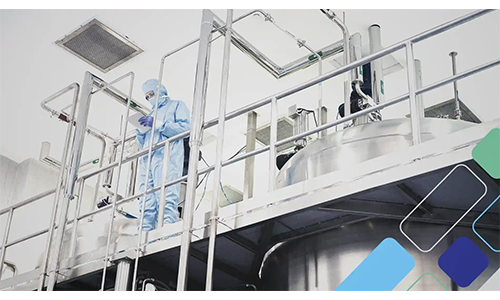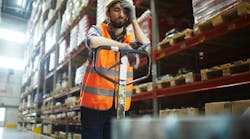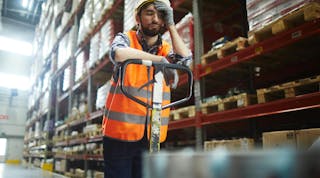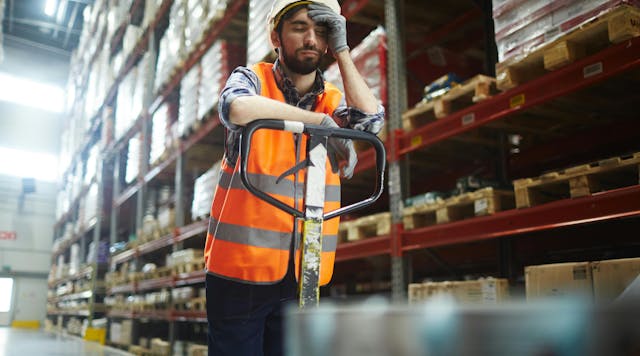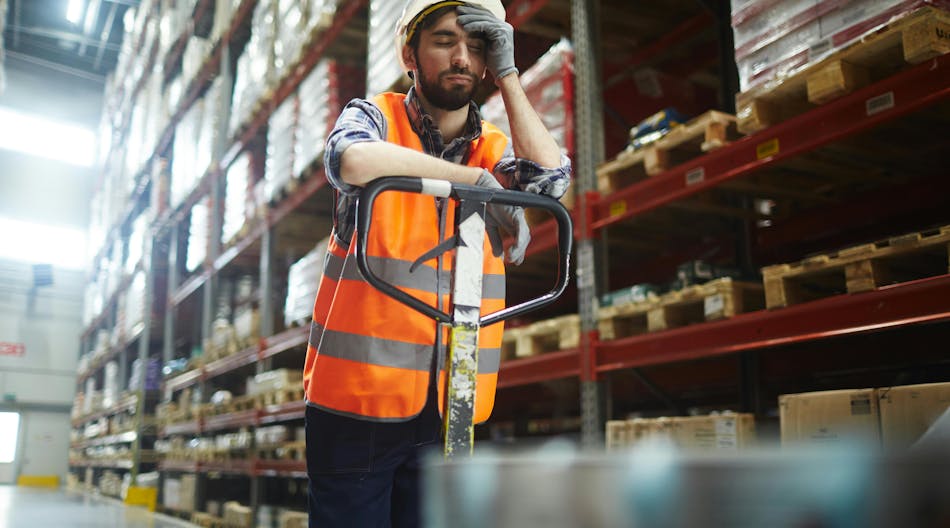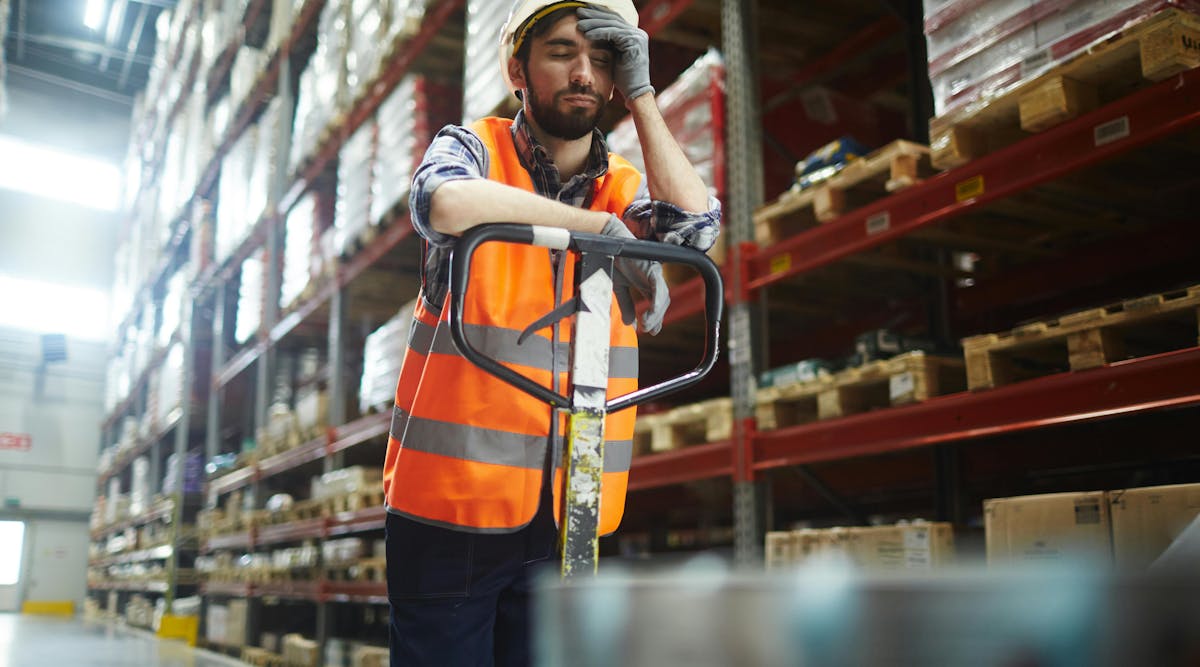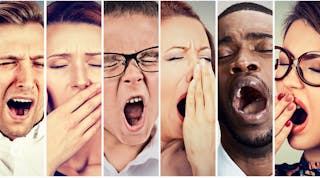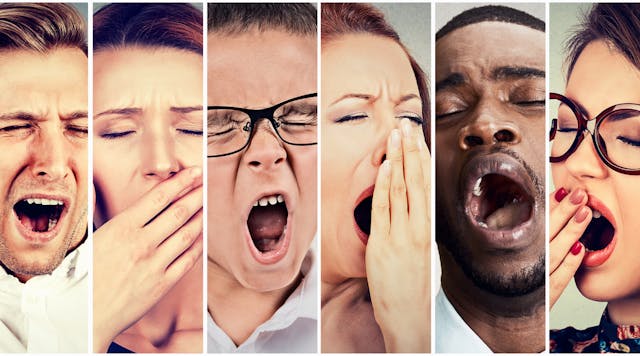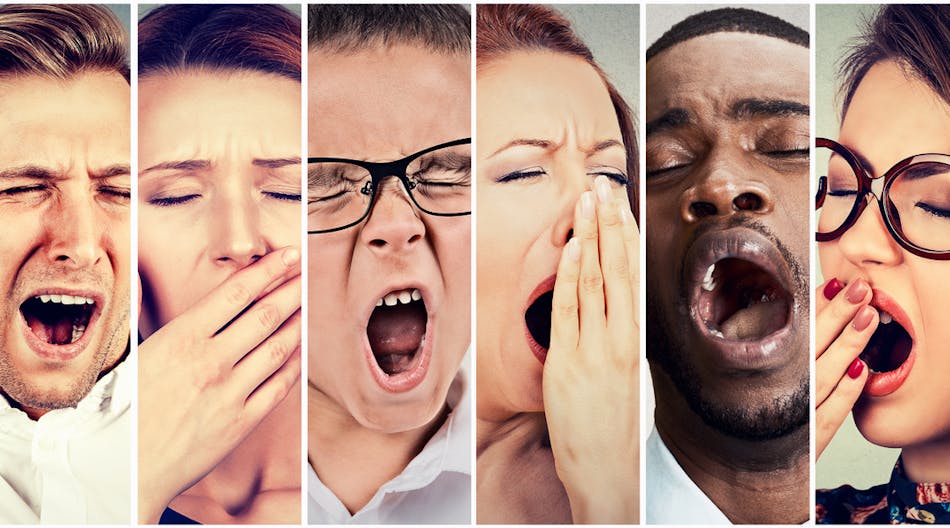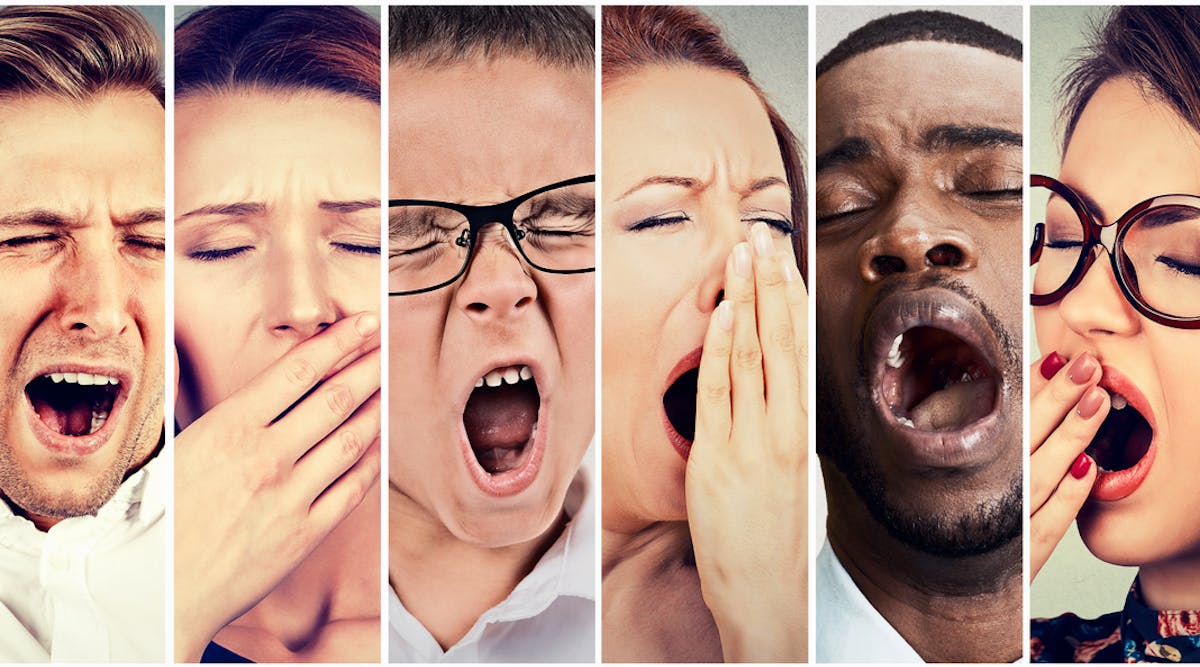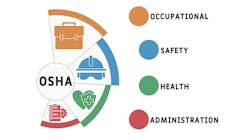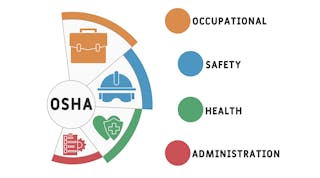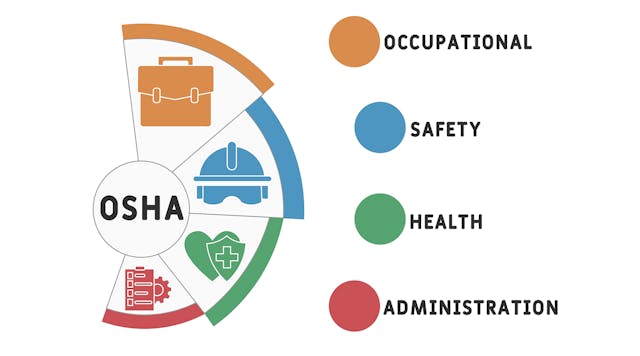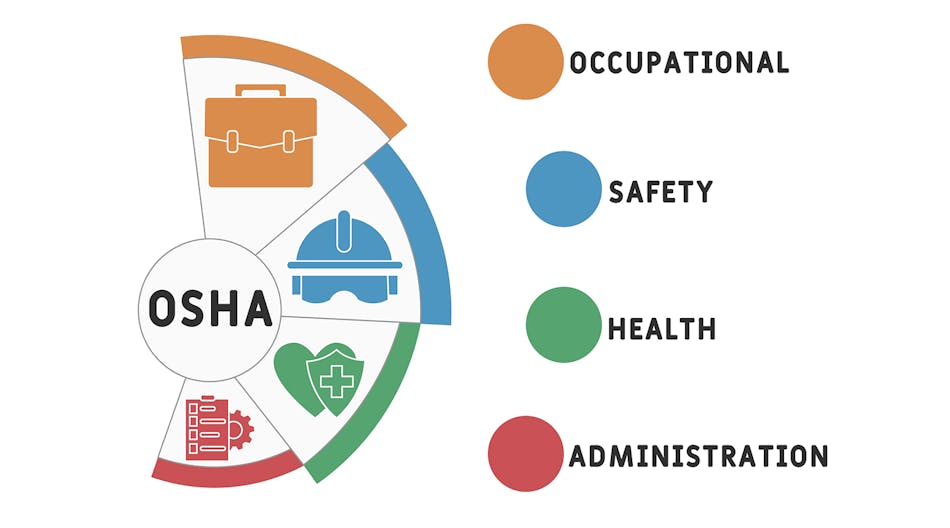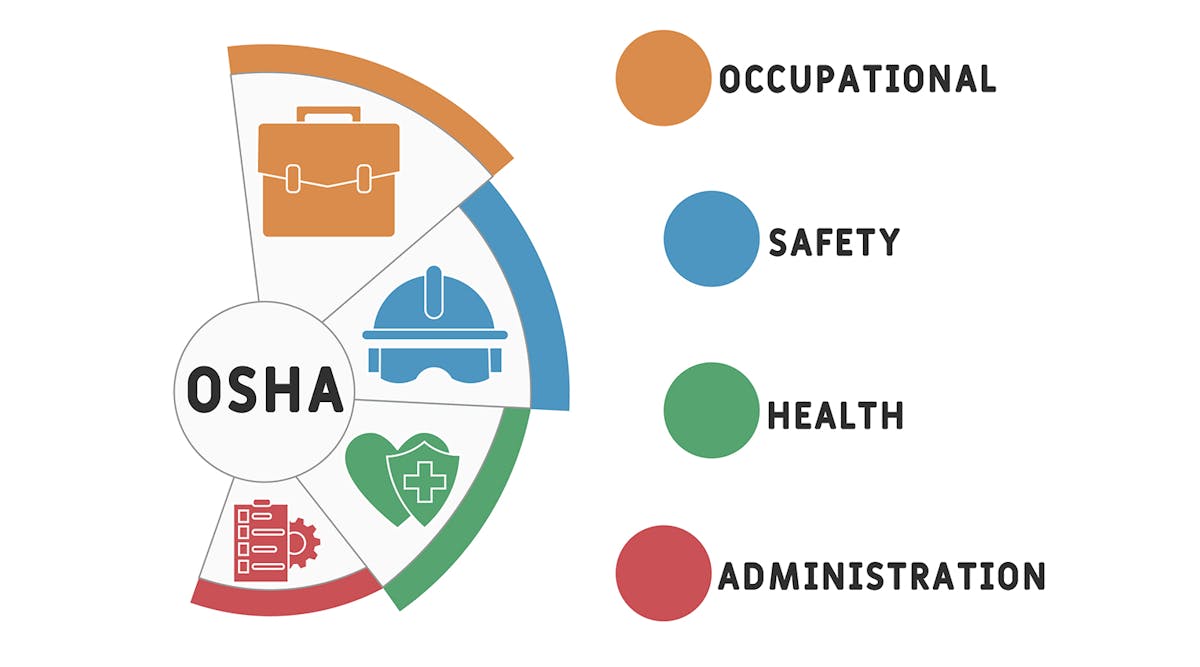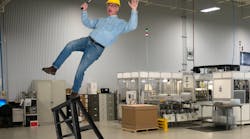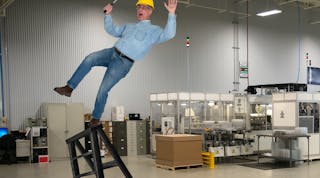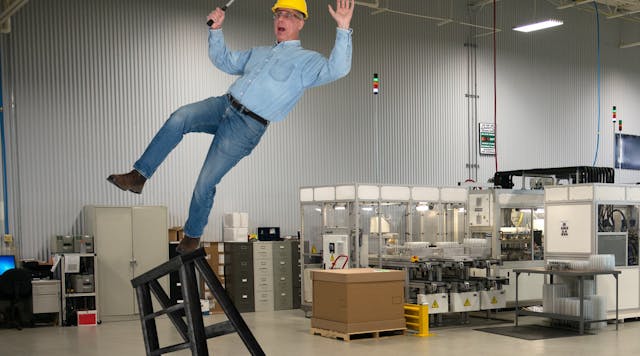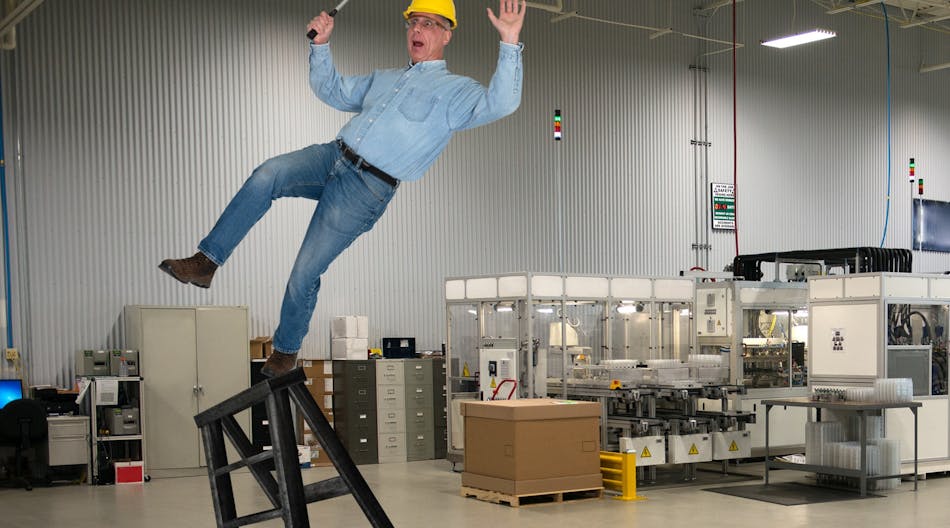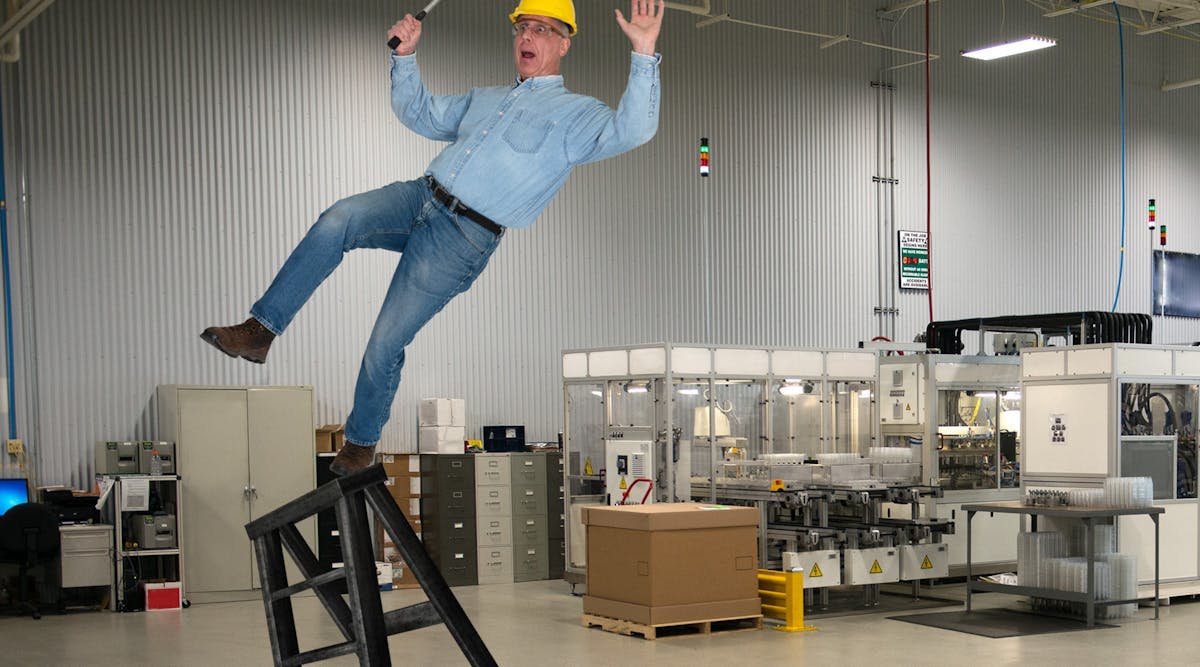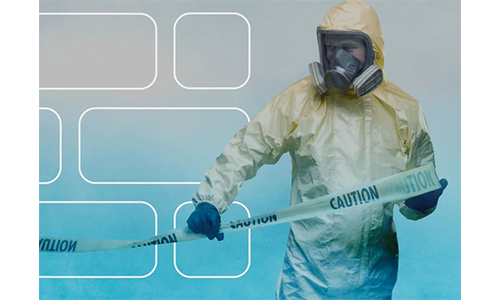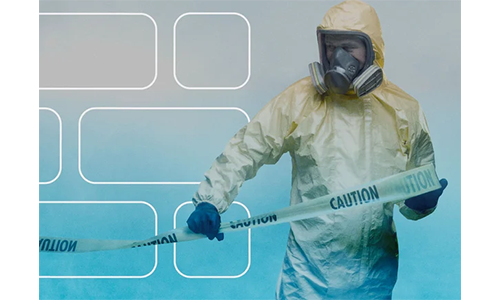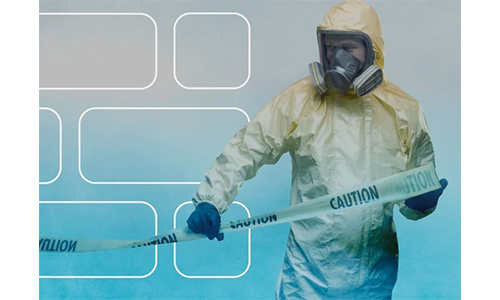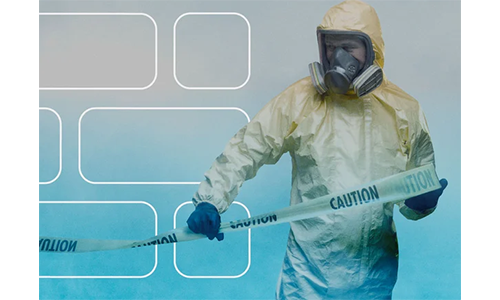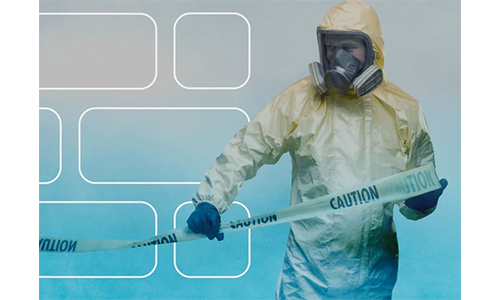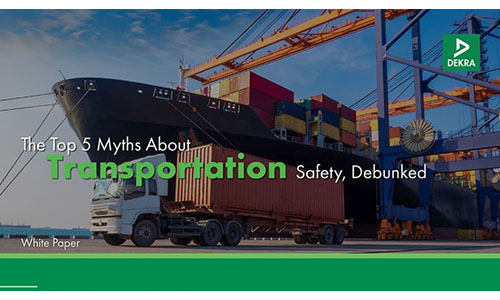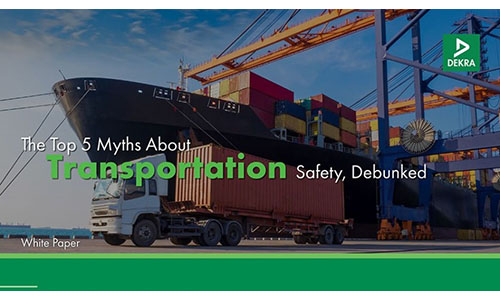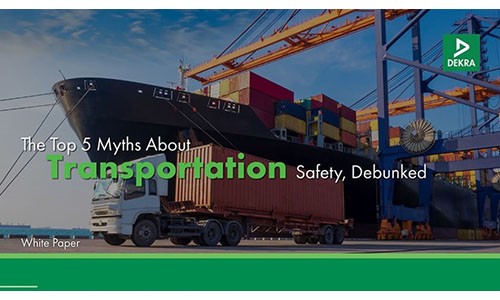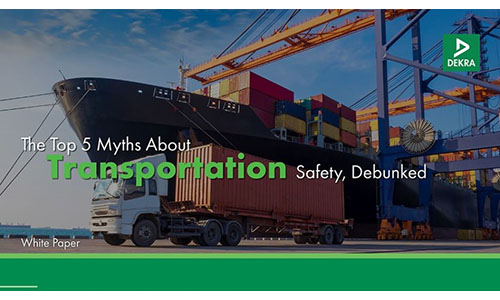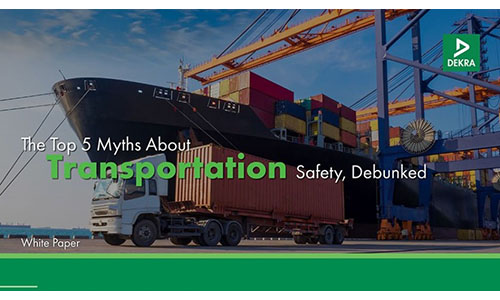As some of you know, in addition to my role as the editor-in-chief of EHS Today, I’m also Infoma’s resident supply chain and logistics industry expert. As such, I’m quite familiar with XPO Logistics, one of the biggest logistics and trucking companies in the world. If you pay attention to “best of” lists, you might have noticed that XPO was recently named to Fortune Magazine’s list of the “World’s Most Admired Companies” in the trucking, transportation and logistics sector. The company has also been named to various “best employers” and “best places to work” lists
One list that XPO has never appeared on, though, is “Best Union Shops” because relatively few of the company’s more than 100,000 employees belong to a labor union.
Recently, though, XPO made another list, one which it certainly didn’t appreciate being named to: The company was named by the National Council for Occupational Safety and Health (National COSH) to its annual “Dirty Dozen” list of the country’s most dangerous employers, primarily because of conditions in one of its Memphis warehouses.
To be fair, the National COSH list could more accurately be described as “Big-Name Organizations that Have Resisted Union-Organizing Efforts and Have Some Workplace Safety Issues.” The organization apparently doesn’t compile its list using any type of statistical metrics to determine which companies are the worst offenders; instead, it relies on “our network of health and safety activists about companies that put workers and communities at risk.” Tellingly, companies that are unionized don’t ever seem to make the “Dirty Dozen” list. So one has to wonder how much the fact that XPO employees in Indiana, New Jersey, New York and Pennsylvania all rejected union representation in the past year played into XPO making the list.
The lack of any true yardstick to measure a company’s “dangerousness”—other than, you know, the danger of not having a union steward on the premises—resulted in a few other head-scratchers. For instance, Facebook made the list. Now, we can debate all day whether social media is doing irreparable harm to our kids’ sense of well-being, but that’s not why Facebook made the list. The reason for the inclusion is that moderators are expected to spend their workdays looking at content flagged for being offensive. These posts and videos, as you can imagine, are rife with pornography, hate speech and murders. And apparently the exposure to this extreme content has led to acute stress and PTSD among some moderators.
Now, failure to provide mental health counseling to employees is indeed an unsafe practice, but it doesn’t seem like Facebook’s offenses meet the threshold of OSHA violations or fatalities that would warrant naming it one of the country’s most dangerous companies. Which leads me again to wonder: Was Facebook chosen for its “name recognition” more so than for its actual unsafe working conditions?
Now, rest assured, every company on the Dirty Dozen list has some explaining to do. Every instance cited by National COSH happened on some safety director’s watch, after all, and some of the companies on the list do indeed sound like horrific places to work, if indeed the sexual harassment, workplace violence and opioid abuse mentioned are endemic rather than outlier incidents. And let’s be clear here: One workplace death anywhere, at any company, is one too many.
But it does seem like there’s a bit of grandstanding going on with this Dirty Dozen list. If National COSH’s point is that unionized workplaces are, by their very nature, safer places to work than right-to-work type shops, then just come right out and say that and offer some data—not just position statements—to prove their point. But let’s not pretend that abuses, violence and fatalities don’t happen at union shops, either.
EHS Today reached out to National COSH for clarification on how much a company’s resistance to union organizing efforts plays into their ending up on the Dirty Dozen list, but they declined the opportunity to comment. (Editor's note: National COSH subsequently did follow up with a commentary explaining the rationale behind the Dirty Dozen list). In any event, let’s hope that the companies on this list—and all others, unionized or not, household name or not—put forth the effort to clean up their acts. Every worker has the right to a safe workplace environment, period.
